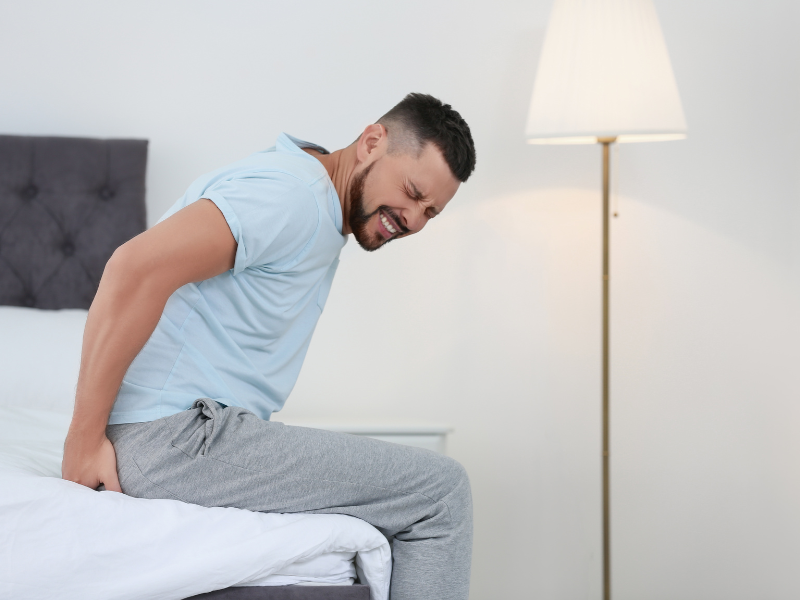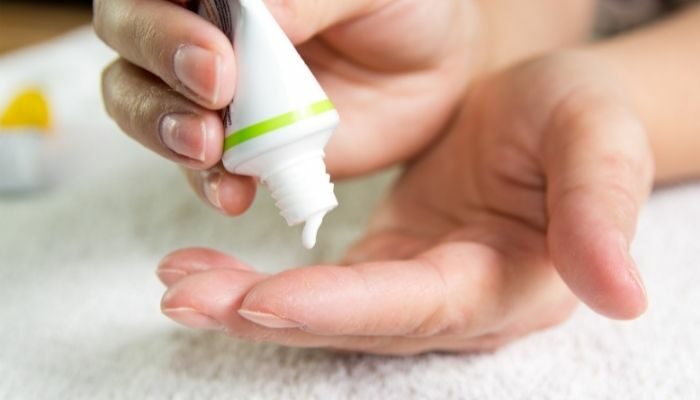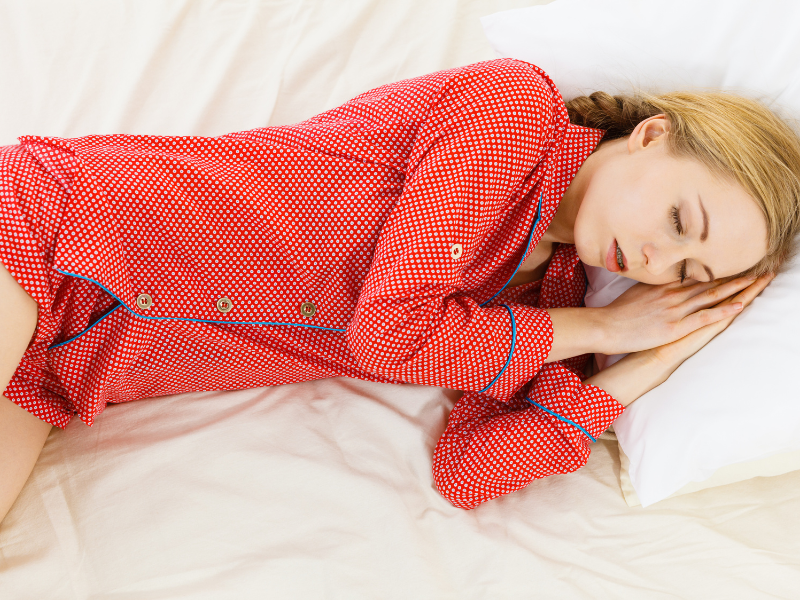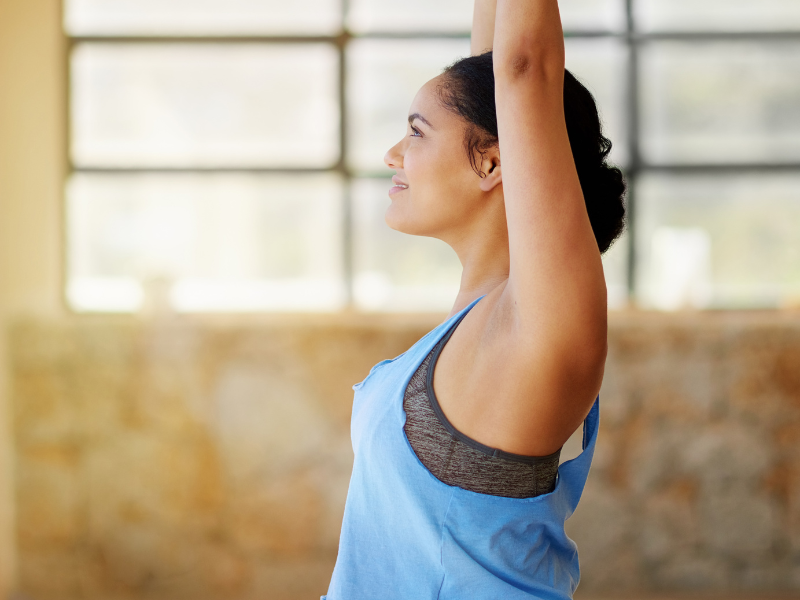


According to many experts, getting at least 6-8 hours of proper sleep is necessary for good health. When you get hemorrhoids, this can change the way you sleep and result in inadequate rest. Hemorrhoids typically cause a lot of discomfort and pain even with slight movements. Getting poor sleep increases health issues like stress, irritability, and high blood pressure. So, how then can you sleep with hemorrhoids?
In this article, we will take a look at what hemorrhoids are, the causes, symptoms and what you can do to relieve the pain.
Hemorrhoids are when the veins or blood vessels that surround the anus and lower rectum become swollen and irritated. Hemorrhoids can surface in two ways which are: internal hemorrhoids (inside your anus) and external hemorrhoids (under the skin around your anus). Hemorrhoids can be uncomfortable and make bowel movements painful. It is a common condition in both men and women [1].
Some of the leading causes of hemorrhoids are:

Symptoms are different in different types of hemorrhoids. Some general signs are given below.
It can be highly uncomfortable to get proper sleep when you are feeling a constant itch and pain. Every turn or movement that you make could result in a surge of pain. Thankfully, there are some ways that you can try to get some sleep in without triggering hemorrhoid pain.
Here are some tips for hemorrhoid sufferers to get better sleep:
For immediate relief, you can consider using hemorrhoid ointments or topical creams. A hemorrhoid cream is usually used as a temporary, immediate relief for swelling, burning, pain, and itching caused by the hemorrhoids. You will find that it contains pramoxine, a local anesthetic that relieves itching sensations, and phenylephrine which helps to reduce swelling by narrowing the blood vessels in the area.
You may also use glycerine suppositories to lubricate the anal canal and relieve internal hemorrhoids. Alternatives include witch hazel-infused pads, numbing agents, or soothing creams.

You can also consider trying over-the-counter pain relief medication such as acetaminophen, aspirin, and ibuprofen to decrease pain. However, you should be careful about taking ibuprofen as it can increase the risk of hemorrhoid bleeding. If needed, consult a doctor before taking any new medications.
Taking a warm sitz bath before going to bed can help with relieving pain and discomfort. All you need to do is to place it over your toilet and let your bottom soak in the water. Soaking your perineal area in warm water reduces muscle spasms and improves the blood circulation in your anal tissues. Thus, promoting healing and relieving the pain.
Cold treatment reduces swelling and discomfort associated with hemorrhoids. You can apply a frozen water-filled condom or an ice cube wrapped in a disposable cloth to the affected site. Apply it a few times a day at short intervals so that it provides relief but does not lead to further discomfort.
Finding a comfortable sleeping position is also important for sleeping better. Sleeping on your back might make it worse because of pressure against the mattress. Instead, try sleeping on your stomach to relieve pressure off. If you are pregnant or unable to sleep on your stomach, then try to sleep on your side. You may also try to sleep by placing a pillow beneath or in between your knees.

Choose an appropriate soft and comfortable mattress before sleeping. During the day, don’t sit on the hard surfaces for more than 5 minutes.
Use a doughnut-shaped soft cushion while sitting to elevate your buttocks. Place a towel roll or foam wedge strip lengthways under each buttock. It can also help to avoid pressure on the pelvic floor.

Try to avoid any spicy foods during this period of time. Eating spicy foods can trigger stomach upset and cause you to run to the toilet. This may put further pressure and result in a slower recovery time. Instead, you want to follow a proper diet. Here are some eating do’s and don’ts.
Eating Do’s that help you sleep with hemorrhoids:
Eating Don’ts that help you sleep with hemorrhoids:
Try yoga and pilates as they help you to have control over your movement. So you can avoid placing more pressure on the hemorrhoidal region. Water-based exercises like swimming and water aerobics can also be beneficial for you.
Avoid Horseback riding, heavy weight lifting, rowing, and cycling because they increase pressure on the rectal area and increase pain and itching.

If you have tried all kinds of home remedies and nothing works, it’s time to see a doctor. By seeing a doctor, they can examine and assess the severity of your condition. From this, you can then receive appropriate treatment and medications.
John Hopkins Medicine (n.d.) Hemorrhoids [online]. https://www.hopkinsmedicine.org/health/conditions-and-diseases/hemorrhoids